Simon Reeve: ‘I needed a reminder of how much beauty and wonder there is in the world’
In his new travel show ‘Wilderness’ Reeve ventures into some of the wildest and most remote places on Earth. As well as magnificent vast landscapes, he meets poachers and other difficult characters along the way – but as spoilt Westerners, who are we to judge? Interview by Bill Borrows
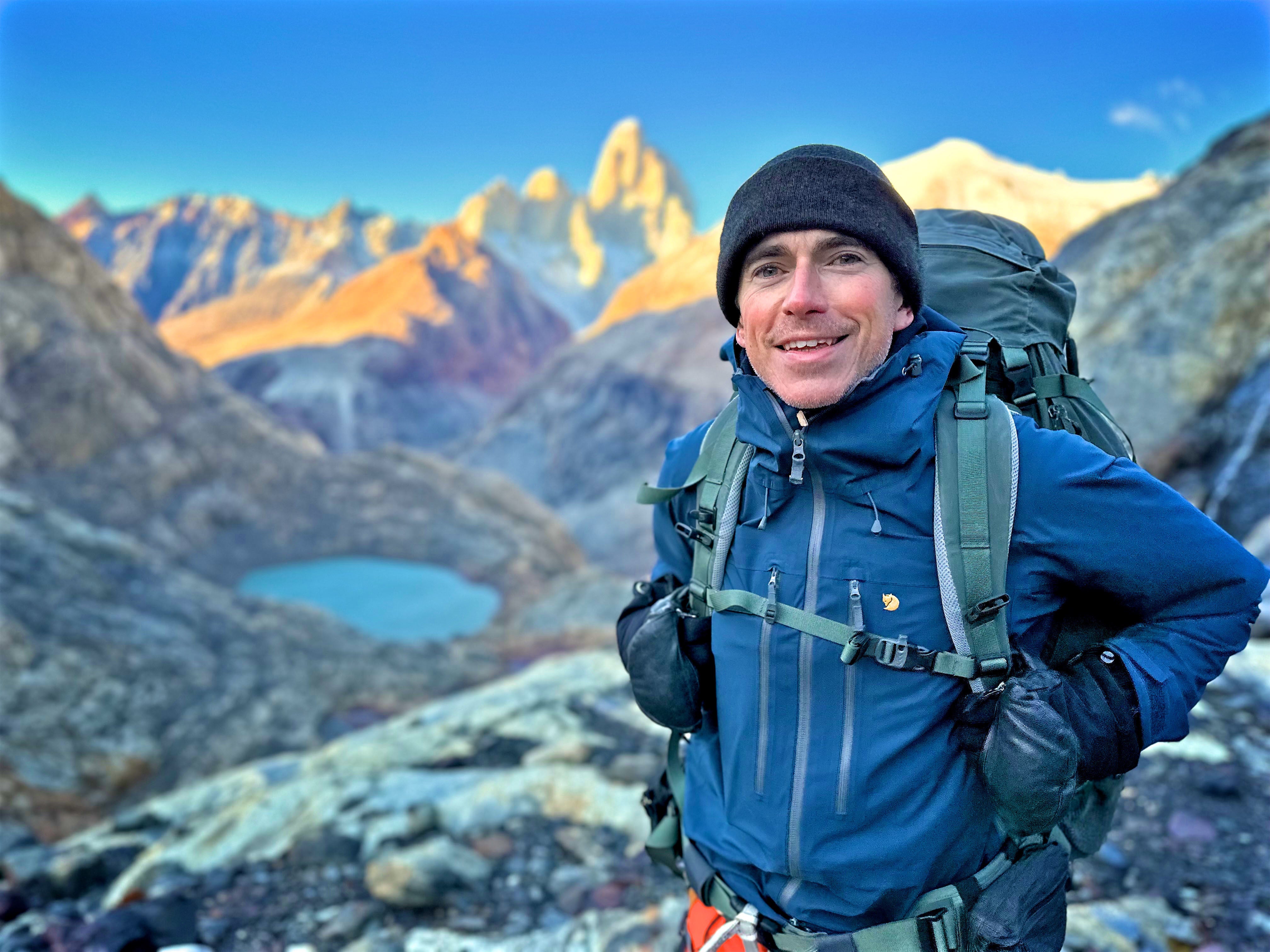
We saw aardwolves!” exclaims Simon Reeve with his trademark boyish enthusiasm. “Who the hell has ever seen an aardwolf? What a privilege that was. Our guide in the Kalahari had only seen them twice in 20 years, and we saw a pair. We felt like we were on a lucky shoot after that happened.”
I don’t have the heart to admit to him that I have no idea what an aardwolf is (a quick google later tells me it’s part of the hyena family). But his joy is infectious. And I can see why he enjoys it all so much. After a troubled adolescence that included carrying a knife at the age of 13, vandalism, setting off explosive devices, inevitable run-ins with the authorities and even suicidal thoughts, getting paid to spot aardwolves in an African desert wasn’t where he thought he’d end up as 51-year-old.
As a “hopeless, unemployable, lost teenager” he got his break in the post room of The Sunday Times and was “very, very lucky”. That word again. In all fairness, he made his own opportunities, and by showing relentless curiosity he was eventually allowed to try his hand as a reporter. After making a name for himself, he started his own investigations into a little-known group called al-Qaeda. He went on to write a New York Times bestseller on the terror organisation and Osama bin Laden which was published three years before the attack on the twin towers and perfectly positioned him as a world expert when it was most needed. A significant part of his huge popularity as a presenter can be put down to the very obvious delight and disbelief that he is being paid to travel the world and report on things which simply fascinate him.
And make no mistake, he has travelled the world. From Holidays in the Danger Zone: Meet the Stans in 2003 to his new show, Wilderness with Simon Reeve, the intrepid presenter has made a new series almost every year and been to so many different places that he must have almost completed “level Earth” by now.
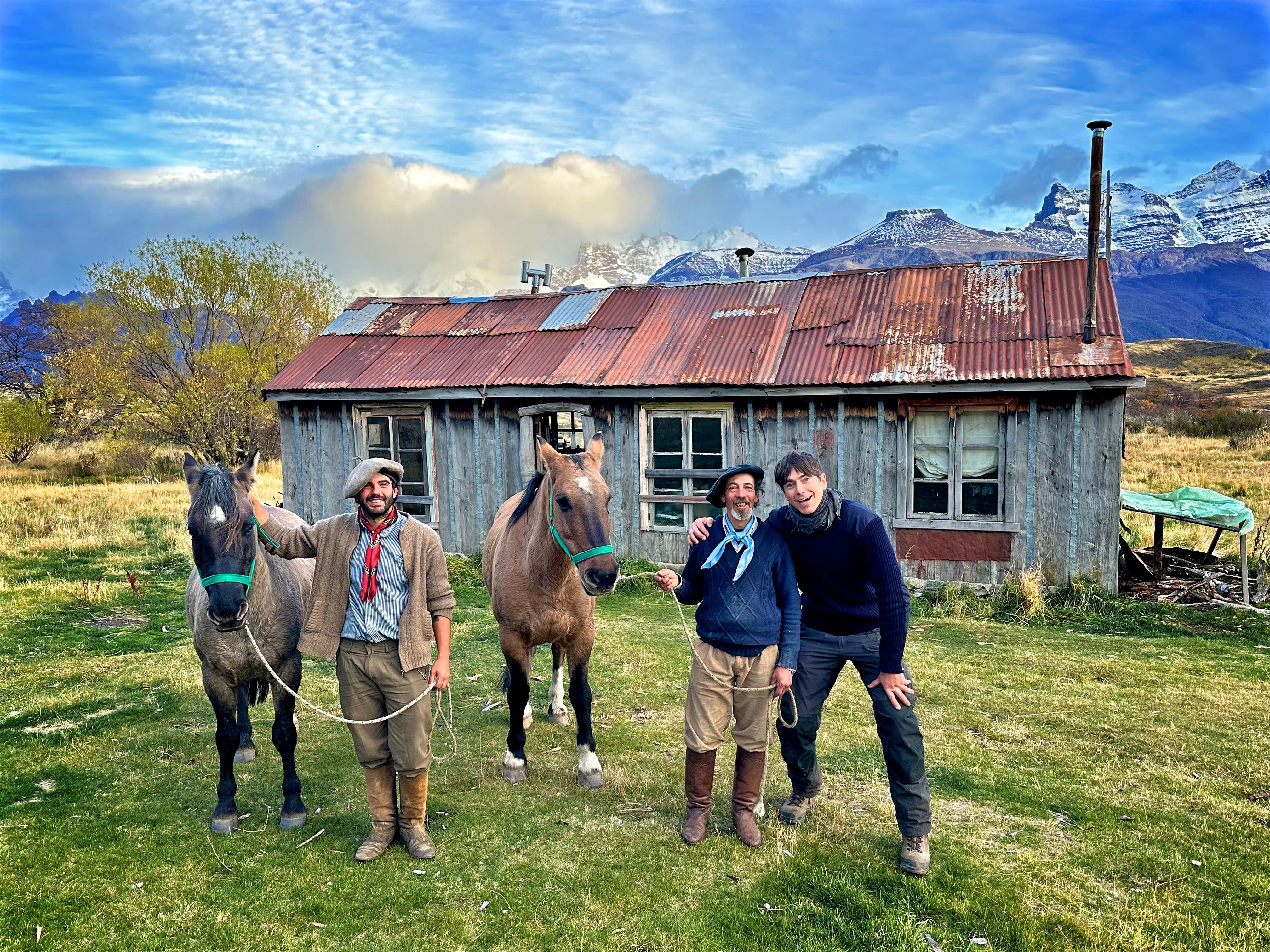
“I love that thought,” he says, “But, it is still awe-inspiringly enormous… there are more wilderness areas and other interesting places on the planet I would love to visit. I’m more curious than ever.”
For this series, Reeve has had to content himself with the dense jungle and rainforest in the Congo Basin, a trek through the foothills of the Andes up to the South Patagonian icefield on the border between Chile and Argentina, the Coral Triangle in the southwest corner of the Pacific and then the vastness of the Kalahari desert across Namibia and Botswana in southern Africa. The idea was conceived 13 years ago, with one motivation.
“We’re ravaging this planet and it’s our only home,” he says. “I needed a little bit of a reminder, and I think people do generally, that there is still beauty and wonder and wild nature out there worth knowing about, loving and protecting. This is a journey to understand them a little bit more and by learning something about them, hopefully, we can protect them a bit better.”
To that end, he has adopted a holistic approach to this series. “Normally,” he explains, “You’ve got a wildlife programme or there’s a programme where somebody goes on a nice journey and you see some landscapes. On another, you’ll hear about the problems that the world is facing. And, oh, here’s a different programme likeTribe, which is all about the people who live in remote parts of the world. We have put all those elements in the same programme because we have to see these places in the round, with the glory, the beauty, the problems, the issues, the people and the wildlife. They’re all connected.” The result is a travelogue that is more than the total of its parts.
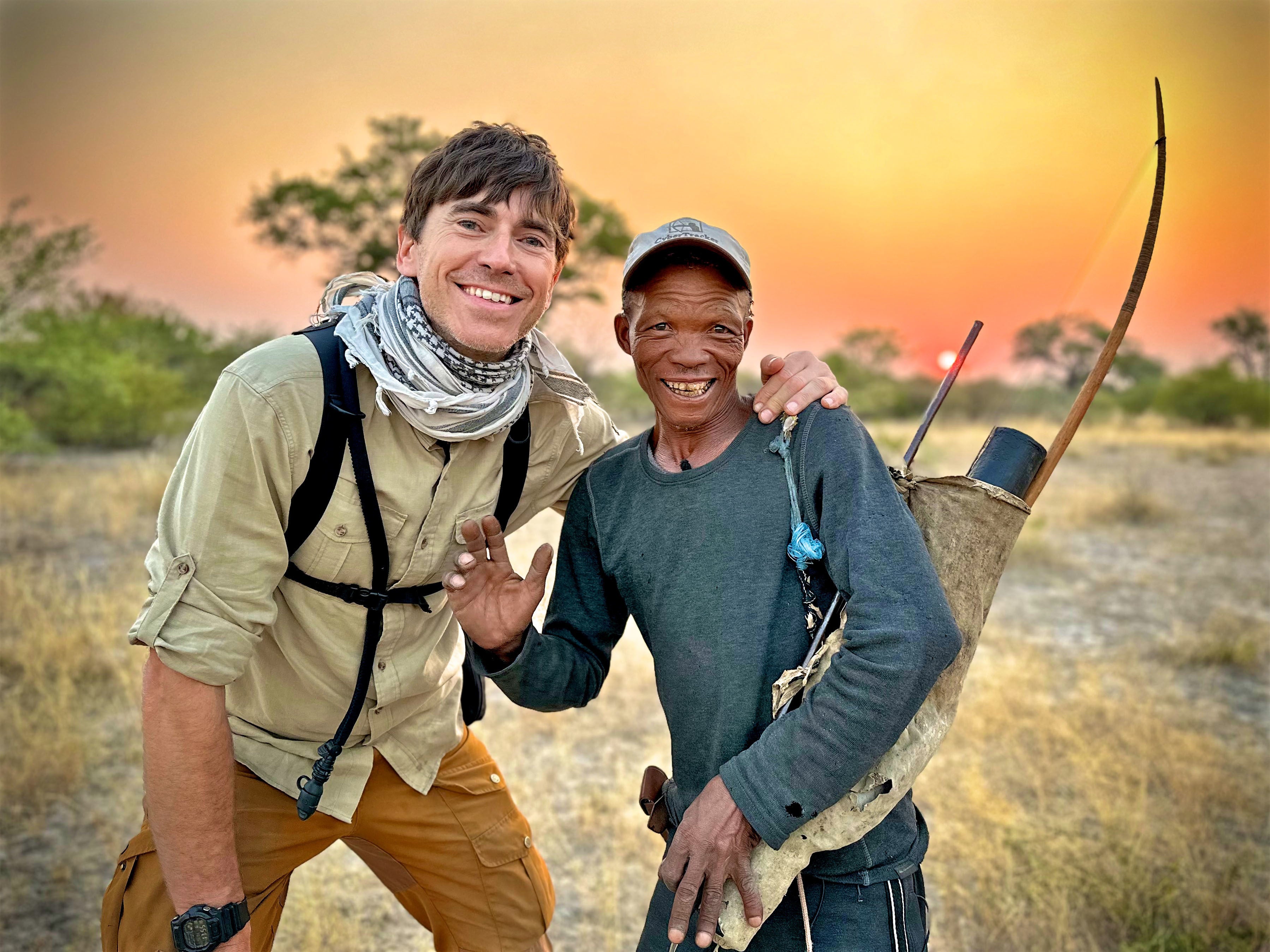
In the Congo, for example, the Baka people show Reeve how they hunt for honey in the forest canopy as he draws attention to the proximity of loggers encroaching on their land and the effects poachers can cause to the wildlife they depend upon. Later on, however, he employs the services of Lambert, a guide who had put himself through university on the proceeds of ivory taken from forest elephants and meets a young man selling “bushmeat” to pay for his school fees.
“I didn’t make a moral judgement,” says the presenter. “As an overfed Westerner, I haven’t got a leg to stand on. It’s Europeans who helped to hold the Congo down and the people there, and inflicted one of the greatest moral atrocities anywhere, ever upon them.
“I met a handful of others with similar stories but we put these two in the programme and they both said, ‘Look, there is no other way of making a living here.’ They’re intelligent people who know there’s a wider world out there, who are desperate for knowledge and to feed their families through their employment but the only work available was poaching. And that’s devastatingly sad… people who want to help [with conservation] should think about investing in education and training for people because, otherwise, they are going to carry on trying to build their own future by hunting things that we would like to keep alive, including endangered monkeys.”
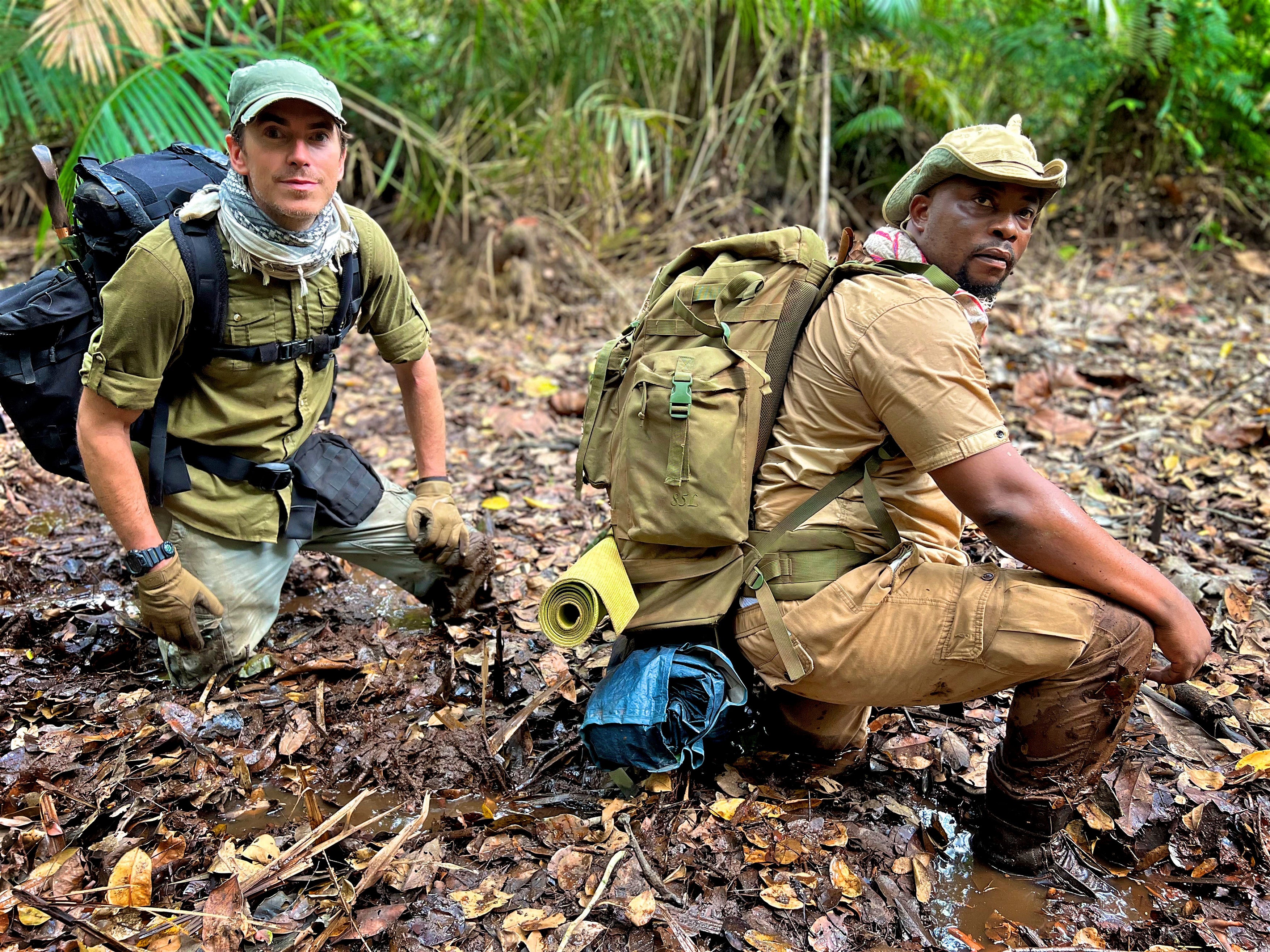
The first episode ends with an emotional encounter with a group of wild bonobo monkeys – along with the chimpanzee, the closest relative to humans. In his trademark style, unshaven and with a shemagh scarf (“a comfort blanket”) tied around his neck, Reeve is always in his element when sleeping in rough-hewn huts in the jungle and rainforest, preparing to encounter honey badgers (“They’ve been known to swipe the testicles off rhinos, so I had my armoured underpants on when we were searching for them,” he jokes).
Across the series he meets charismatic gauchos and sees pumas in the mountains of South America, encounters the Bajau people who can free dive to more than 30 metres and stay underwater for over five minutes and swims with seven-metre-long whale sharks off the Indonesian coast of New Guinea. In the Kalahari, he will track wildebeest with the San people and learn how to make a poison dart from beetle larvae.
“These four wilderness areas are definitely amongst some of the wildest locations that it’s possible to reach on planet Earth,” he says, rating them alongside his journey around the tropic of cancer, time spent in Kamchatka in the far east of Russia and a place a few hours away from a tiny settlement called Alaska Village when he was left up to his waist in snow, surrounded by wolves and with just a high-velocity rifle to protect himself.
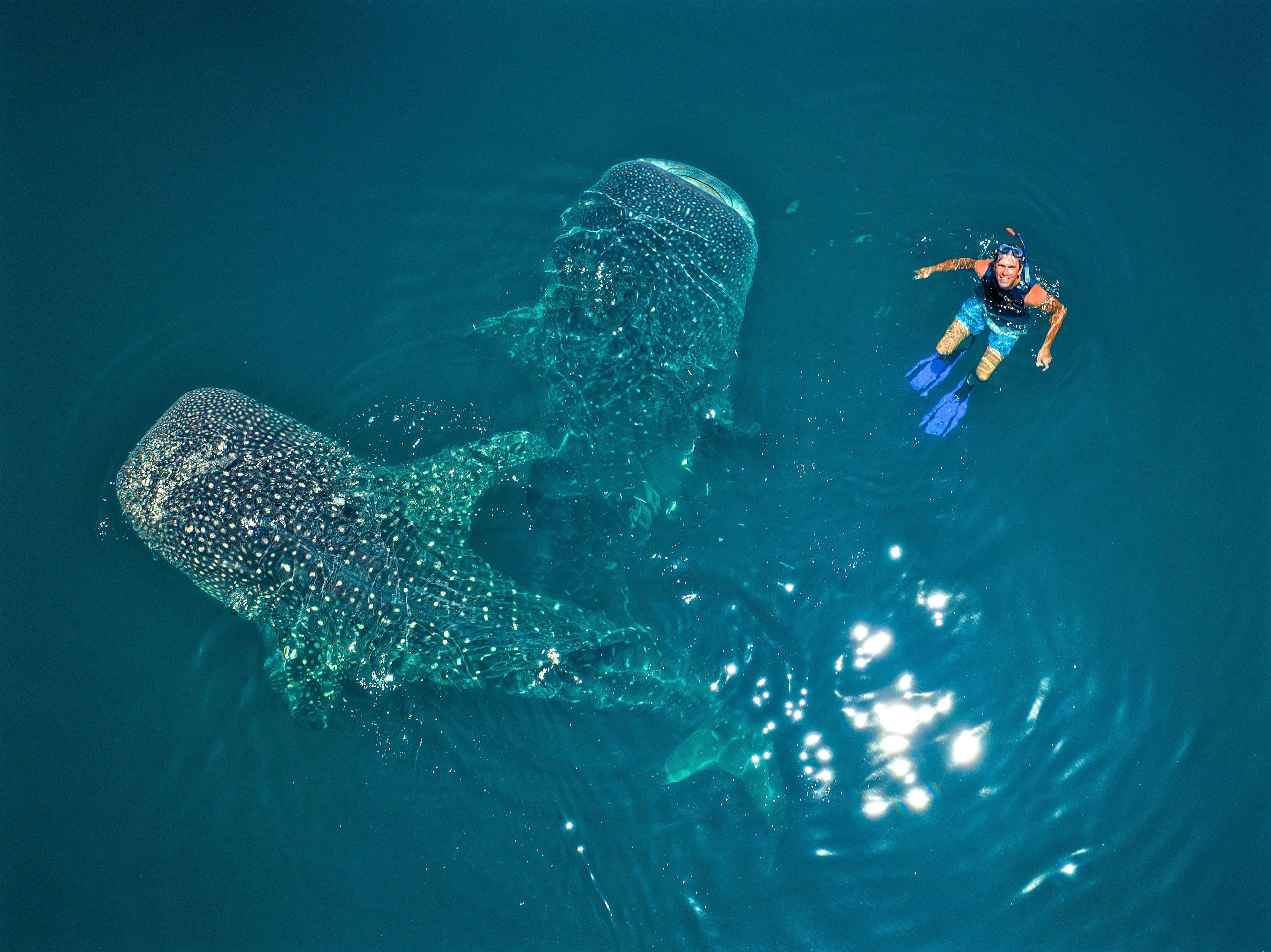
Humans, he says, have affected every corner of the globe in terms of climate and pollution. The other way people interact with these remote locations is to visit them. In southern Africa, Reeve reflects upon the effects of high-end safari tourism in the Okavango Delta where lodges in the “Jewel of the Kalahari” can charge up to £1,000 per night. “I’m not trying to encourage mass tourism to these areas,” he points out, “But I’m not too worried about that, because there’s no capability for mass tourism in the middle of the Congo. But there is a place for sustainable, responsible travel and it can provide people who live in remote locations with an economic incentive to look after them.
“We don’t always recognise that as a benefit of travel and the tourism industry generally,” he continues. “It’s not the case that by not visiting places as thoughtful travellers, we’re leaving this place to nature. We are not. We’re leaving it for loggers and miners and ranchers and farmers and poachers to get their claws into these locations.
“People want to earn money to feed their families, so by giving those people jobs as guides or rangers is a viable alternative means of employment that can help to look after these places. So I think there are some massive advantages for visitors going to these areas, but it has to be done carefully and responsibly.”
As for which part of it the restless Reeve will pitch up in next, he has no idea. “I’m a jobbing telly presenter,” he laughs. “There are more wilderness areas out there so we’ll see whether people are interested enough in them to have me looking for more, but I’m a little bit long in the tooth, and they’re always keen to find somebody younger, funnier and better looking, so…” Don’t worry, for once, he isn’t going anywhere.
‘Wilderness with Simon Reeve’ airs on Sundays at 9pm on BBC Two
Join our commenting forum
Join thought-provoking conversations, follow other Independent readers and see their replies
Comments
Bookmark popover
Removed from bookmarks